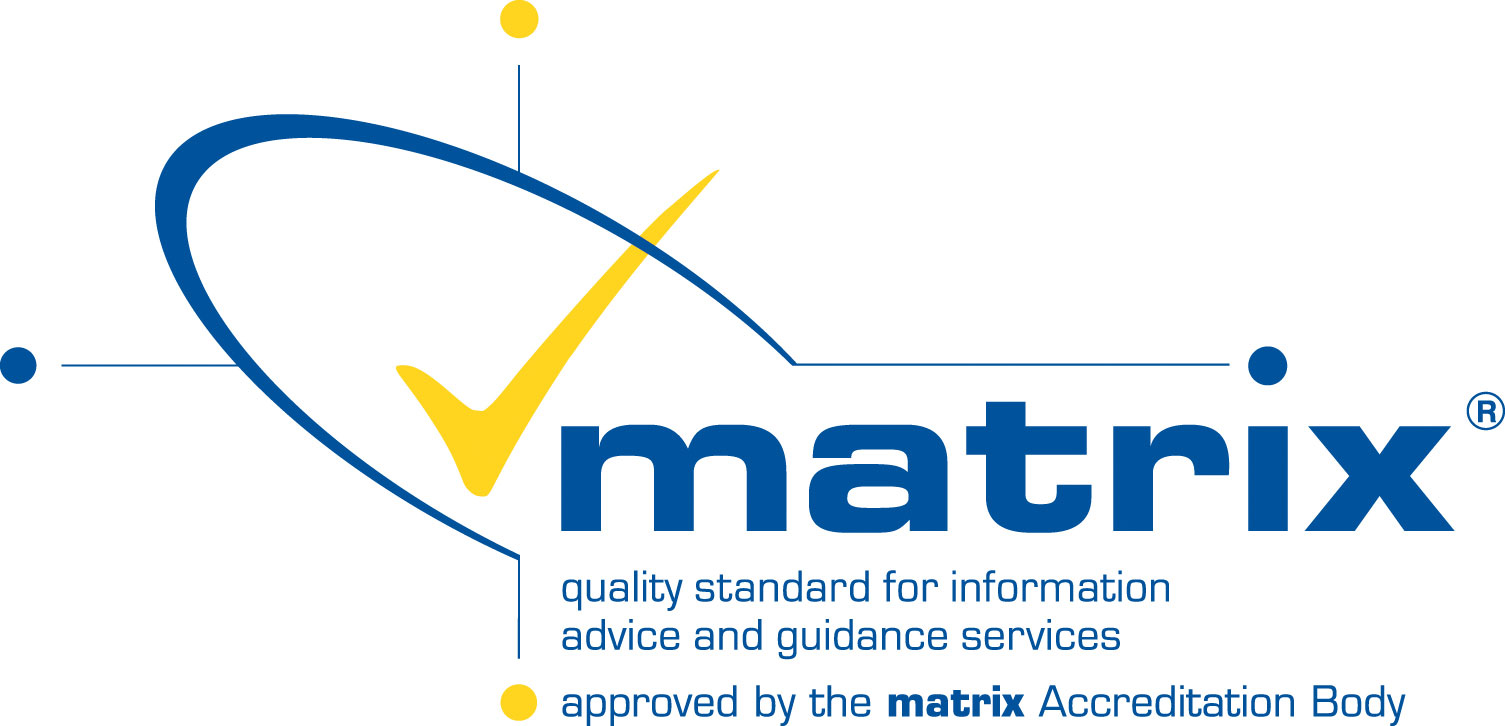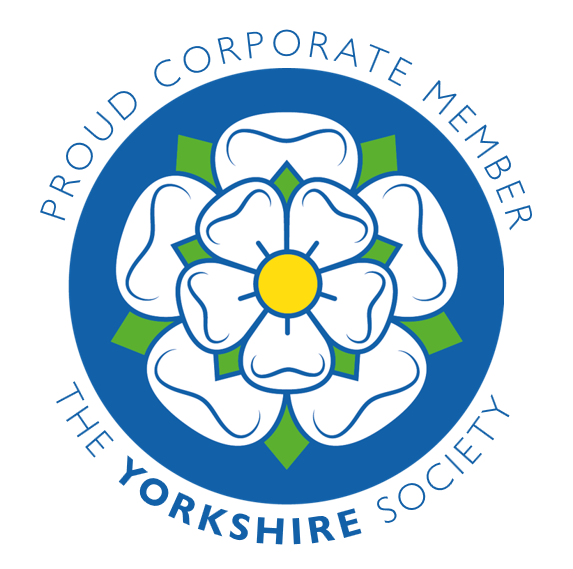Posted on 22nd February 2023
Adam completed the National Horseracing College 12-week, residential Foundation Course in the summer of 2013 and, upon successful completion, secured employment in Somerset with Paul Nicholls. During his time as a Racing Groom, he completed the Level 2 and Level 3 Apprenticeships in Racehorse Care and Management and the Level 4 Learning Programmes.
What equine experience did you have prior to joining the Foundation Course at the National Horseracing College?
I have ridden and been around horses most of my life and was lucky enough to have a few nice ponies to ride which led me to become involved with The Pony Club. I played Horseball for a few years competitively before buying my own ex-racehorse to play at senior level which encouraged me to get to know more about the racing industry.
How do you feel the National Horseracing College prepared you for working in the horseracing industry?
I had a good understanding of the equine world prior to attending the NHC and completing the foundation course, however, my understanding of the racing industry was very limited. The NHC enabled me to develop my riding skills and understand the daily routine of a racing yard, however, the most valuable part of my time at the college was forging new friendships and relationships with peers on the course.
Having the opportunity to develop a close group of friends throughout the course was invaluable when going out into the workplace. Although we were all from different backgrounds, the one thing that united us all was our interest in racing and having a group of like-minded individuals enabled us, as a group, to develop a support network.
What is your greatest achievement to date?
I’ve a couple of achievements that I am particularly proud of. My first, from when I worked for Paul Nicholls, was leading up in the Grand National. Every member of racing staff working in a National Hunt yard wants to lead up in the National. I was lucky enough to work for the champion trainer and had the opportunity to lead up in the National a few times which was the pinnacle of my time spent in racing yards.
Away from the training yards, my greatest achievement would be securing a scholarship from the Racing Foundation to study the Thoroughbred Horseracing Industries MBA at Liverpool University.
You’re employed by Racing Welfare as a Regional Welfare Manager, what does a typical day in your role comprise?
No two days are the same, cliché I know. The region that I manage covers everywhere from Doncaster upward, including Scotland. I manage a team of five Welfare Officers who are the feet on the ground; the welfare-experts all have a background in racing and a vast skillset in supporting and developing people.
The services that Racing Welfare offer are very broad reaching, so the team could be expected to be assisting someone with physiotherapy after a fall, to supporting someone experiencing a mental health crisis. My role is to enable the team and to guide them to ensure that the work that they are carrying out meets the broader charitable strategy and objectives whilst enabling them to deliver the most effective support possible.
One day I could be assisting a member of the team who is supporting someone at crisis point, and the next day I could be enjoying a coffee with one of the 700 retired racing staff that attend the events we organise to prevent loneliness and social isolation amongst racing retired staff.

What skills, from working hands-on in a racing yard, have you carried over to your job as a Welfare Manager?
Working on yards in racing sees you work with a whole host of people from different backgrounds, each facing their own individual challenges. When I worked in a training yard environment, I always prided myself on making new members of staff feel comfortable and welcome; ensuring they felt supported and fitted into the team. Now, in my role with Racing Welfare, I continue to develop those skills, to make people feel comfortable coming forward and asking for support and to develop relationships with people working in racing so they are confident speaking to a member of the team at Racing Welfare. I have a natural amount of empathy with those working in a training environment; I am aware of the peaks and troughs, the dark and wet mornings but also the incredible highs that racing delivers. Being able to empathise with those seeking support is invaluable and I hope it makes those coming forward for support more comfortable in doing so.
Describe the qualities you believe a Welfare Manager must have?
You must be a people person. One rule doesn’t fit all, you must be flexible when working with people, support that worked for one person may not be as effective for another, and it is imperative that the guidance offered is tailored to that individual. Because some challenges faced by those people seeking support are complex, you must be very organised and resilient but also open to change and constantly engaging in CPD.
What advice would you give someone who has aspirations of being a Welfare Manager?
If you love working with people and being able to offer life-changing support, there are so many opportunities to work in a supportive role. I worked on a yard, recognised some of the challenges faced by people working in the industry and started my supportive journey as a Welfare Officer with Racing Welfare.
There are volunteering opportunities available within Racing Welfare which give people a taste of working in a supportive nature.
My main piece of advice to anyone seeking a role in human welfare or in the third sector, is to find the passion, understand why you want to help people and why you want to make a difference, and once you have that, the right role will come along.




